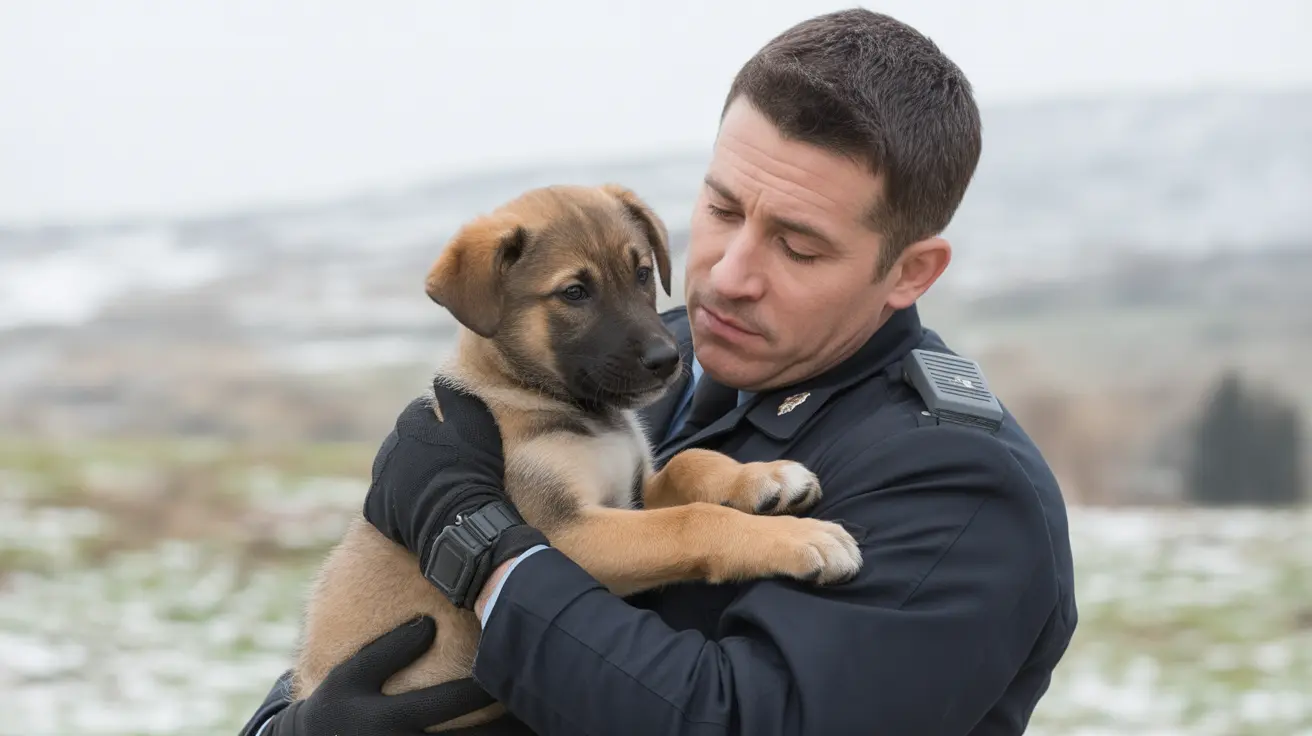What Happens If Gastroenteritis Goes Untreated in Dogs?
Gastroenteritis in dogs refers to inflammation of the stomach and intestines, often leading to unpleasant symptoms such as vomiting, diarrhea, and lethargy. While many cases are mild and resolve quickly with supportive care, untreated gastroenteritis can become serious, especially in puppies, small breeds, and older dogs.
Causes of Canine Gastroenteritis
The variety of causes makes diagnosis and treatment a nuanced process. Some of the most common contributors include:
- Infectious agents: Viruses (e.g., parvovirus), bacteria (e.g., Salmonella), parasites (e.g., hookworms)
- Dietary indiscretion: Ingesting spoiled food, garbage, or foreign items
- Food allergies or sensitivities
- Toxins: Household chemicals, toxic plants, or medications
- Drug reactions
- Underlying illnesses: Pancreatitis, liver/kidney disease, diabetes, Addison’s disease
- Idiopathic causes: Especially in hemorrhagic cases
Symptoms That Escalate Without Treatment
Initial signs might include a soft stool that evolves into watery or bloody diarrhea. Vomiting, abdominal pain, and lethargy may follow. When untreated, these symptoms can intensify and lead to:
- Severe dehydration: Fluid loss from vomiting and diarrhea quickly becomes dangerous
- Electrolyte imbalance: Disruption of sodium, potassium, and chloride levels affects organ function
- Weight loss and malnutrition
- Hypoglycemia: Especially in puppies or small breeds
- Shock: Severe dehydration and infection can lead to circulatory collapse
- Secondary infections: Weakened intestinal lining allows pathogens to enter the bloodstream
- Organ failure or death: In extreme or prolonged untreated cases
How Vets Diagnose Gastroenteritis
A veterinary examination is crucial to determine the underlying cause and rule out more serious conditions. Diagnostic steps may include:
- Bloodwork to check for dehydration or organ dysfunction
- Fecal analysis for parasites or pathogens
- Abdominal imaging like X-rays or ultrasound
- Urinalysis to assess kidney function
Treatment Options to Prevent Complications
Prompt and appropriate treatment dramatically improves the prognosis. Common interventions include:
- Rehydration therapy: Oral, subcutaneous, or IV fluids to restore hydration
- Anti-nausea and anti-vomiting drugs: Such as maropitant or metoclopramide
- Bland diet: Like boiled chicken and rice or prescription GI diets
- Probiotics and GI protectants
- Dewormers if parasites are present
- Antibiotics: Used judiciously if infection is suspected
- Pain relief medications
If the dog has ingested a foreign object causing blockage, surgical intervention may be required.
Timeframe for Recovery
Recovery depends on the cause and timely intervention:
- Diet-related cases: Often resolve in 24–48 hours with proper treatment
- Infectious agents: May take up to a week or longer
- Chronic causes: Require long-term dietary management and treatment
Preventing Future Episodes
While not all causes of gastroenteritis can be avoided, several measures can lower your dog’s risk:
- Feed a consistent, high-quality diet
- Keep garbage and toxic items out of reach
- Minimize abrupt food changes
- Avoid feeding table scraps or rich treats
- Stay current on vaccinations and parasite prevention
- Isolate sick dogs from healthy ones
When to Seek Veterinary Help
Immediate veterinary attention is necessary if your dog exhibits:
- Persistent vomiting or diarrhea
- Blood in vomit or stool
- Lethargy or unwillingness to move
- Refusal to eat or drink
- Signs of dehydration or bloating
Early intervention is key. When managed appropriately, the prognosis is excellent; but untreated cases could lead to dire outcomes including death.





